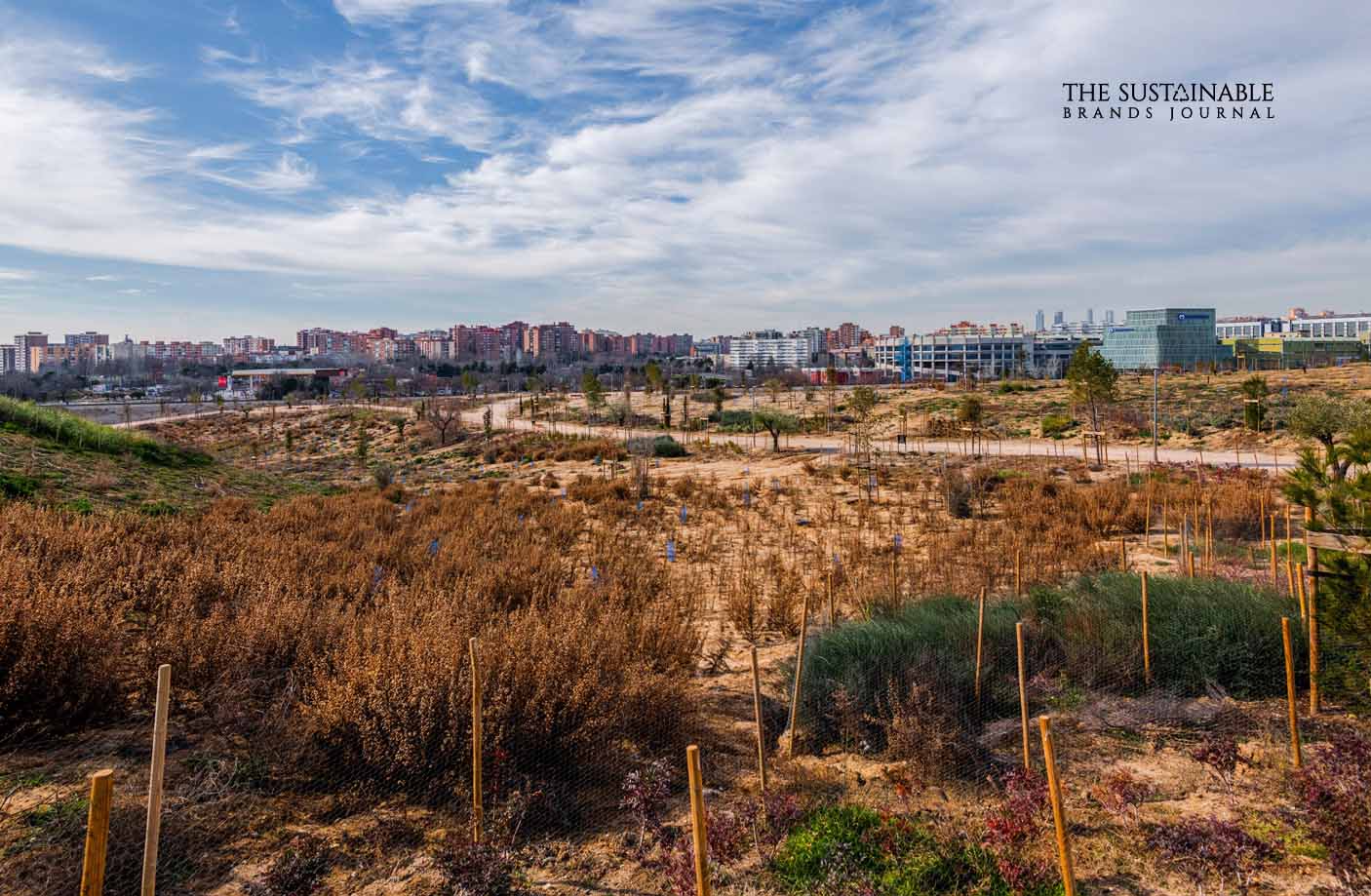
Singapore to introduce new emissions rules for fossil-fuel power plants
A minister said on Wednesday that Singapore’s energy regulator plans to introduce new emission standards in 2023 to be applied to all new and repowered fossil fuel-fired power plants.
Low Yen Ling, the minister of state for the ministry of trade and industry, said at the Singapore International Energy Week conference that the Energy Market Authority (EMA) will consult with the industry in the coming months and will release details about the standards in due course.
In order to accomplish this, the city-state passed a law last year giving the EMA the power to set standards for the emission of greenhouse gases. The new rules are part of the implementation of the new law.
Moreover, this measure follows Singapore’s announcement that it will cut its emissions target for 2030 to 60 million tonnes of carbon dioxide (CO2) from its previous target of 80 million tonnes.
Aside from improving the efficiency of its power plants, the city-state will also employ new technology in all new generation units, Low said, without elaborating further on what technologies are included in these new generation units.
A memorandum of cooperation (MOC) has also been signed between Singapore and Japan towards advancing energy security and energy transitions, Low announced.
Through the signing of the memorandum, bilateral cooperation will be enhanced “to promote investment across the entire value chain of liquefied natural gas (LNG), to explore ways of facilitating LNG procurement, and to establish regional supply chains of low-emissions fuels based on our LNG connections,” Low stated.
There is a new MOC that builds upon a previous memorandum that coordinated support for low-emission technologies like hydrogen, ammonia, and carbon capture, utilization, and storage on natural gas supply chains with regard to the use and support for natural gas supply chains.
Additionally, Japan signed a memorandum of cooperation last month with the Malaysian state energy company Petronas that includes consideration of joint upstream investments, collaboration to cut methane emissions, mutual assistance in the supply of fuel and the possibility of the use of LNG tanks in the event of a shortage of supplies in the future.
Source- Reuters

Prachi, an accomplished Chief-Editor at The Sustainable Brands Journal, has 15+ years of experience in Europe, the Middle East, and India, managing 90+ global sustainable brands. She’s a prolific writer in sustainability, contributing to various publications. Prachi’s unwavering passion and expertise make her a recognized authority, driving positive change and inspiring a sustainable future.





